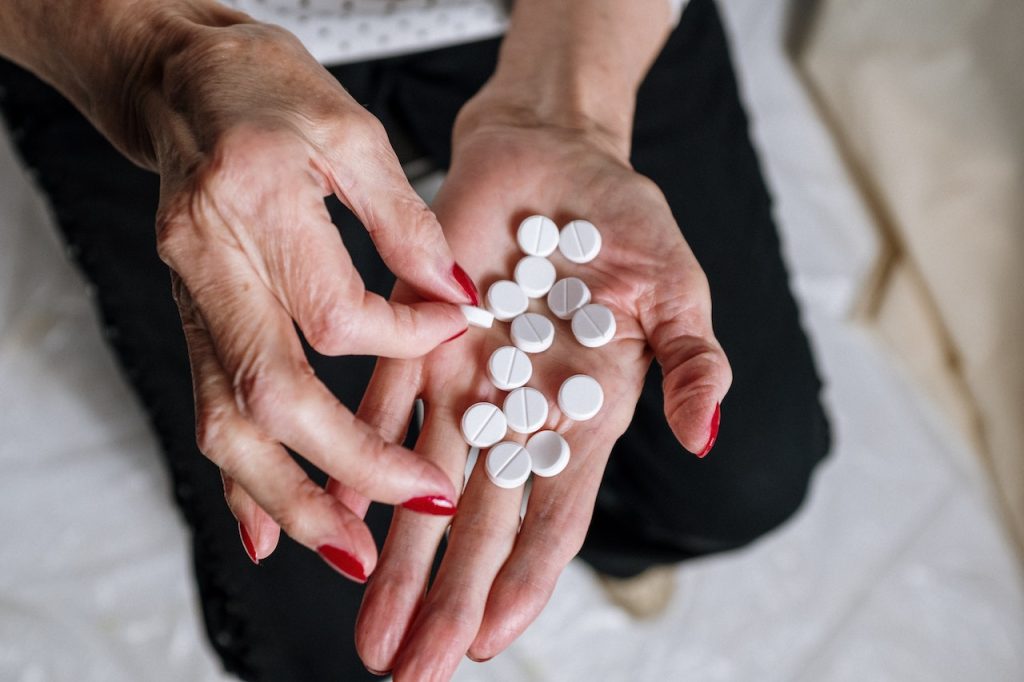
Low-dose aspirin is used as primary prevention for ischaemic stroke, but its protective effect weighed against the increased risk of bleeding events is controversial. A new secondary analysis of daily aspirin in older people found that, in this population, aspirin failed to reduce the risk for ischaemic stroke but increased it for intracranial bleeding. The findings were presented in JAMA Network Open.
The researchers analysed data from the ASPREE randomised clinical trial, the first large-scale trial to study the risks and benefits of 100mg daily aspirin in an older population, where increased bleeding risk may alter the balance of risks and benefits of aspirin. This is particularly relevant to intracerebral events because intracranial haemorrhage is harder to treat than ischaemic events and more frequently fatal or disabling. With previous aspirin trials in mostly younger participants, excess intracerebral haemorrhagic events was seen, though usually few in number and non-significant.
Cloud et al. performed a secondary analysis of the ASPREE trial, which included 19 114 older adults, and found a statistically significant 38% increase in intracranial bleeding resulting from a combination of haemorrhagic stroke and other causes of intracerebral haemorrhage among individuals randomised to aspirin. The difference in incidence of ischaemic stroke was not statistically significant.
While aspirin did not cause a statistically significant reduction in ischaemic stroke (hazard ratio [HR], 0.89), there was a a statistically significant 38% increase in intracranial bleeding. Rates of intracranial bleeding from those assigned to aspirin (1.1%) were higher than placebo (0.8%). This came from an increase in a combination of subdural, extradural, and subarachnoid bleeding with aspirin (0.6%) compared with placebo (0.4%). Haemorrhagic stroke was recorded in 0.5% of those assigned to aspirin compared with 0.4% for placebo.
Absolute numbers of haemorrhagic and non-haemorrhagic events were small. Among 1000 individuals taking 100mg/day of low-dose aspirin over five years, there were 2.5 fewer ischaemic strokes at the expense of 3.5 cases of intracranial haemorrhage, but not statistically significant. No difference would be expected for overall stroke incidence or stroke mortality, but haemorrhagic stroke was associated with a mortality rate of nearly a third, compared to 7.7% for ischaemic stroke. Major extracranial haemorrhage was driven by the increased risk of upper gastrointestinal bleeding with aspirin compared with placebo, as previously found (Hazard Ratio, 1.87).
The researchers concluded that “there was no statistically significant benefit from aspirin in preventing stroke or any conventional stroke etiological subtype. However, aspirin significantly increased the overall risk of intracranial bleeding.”


